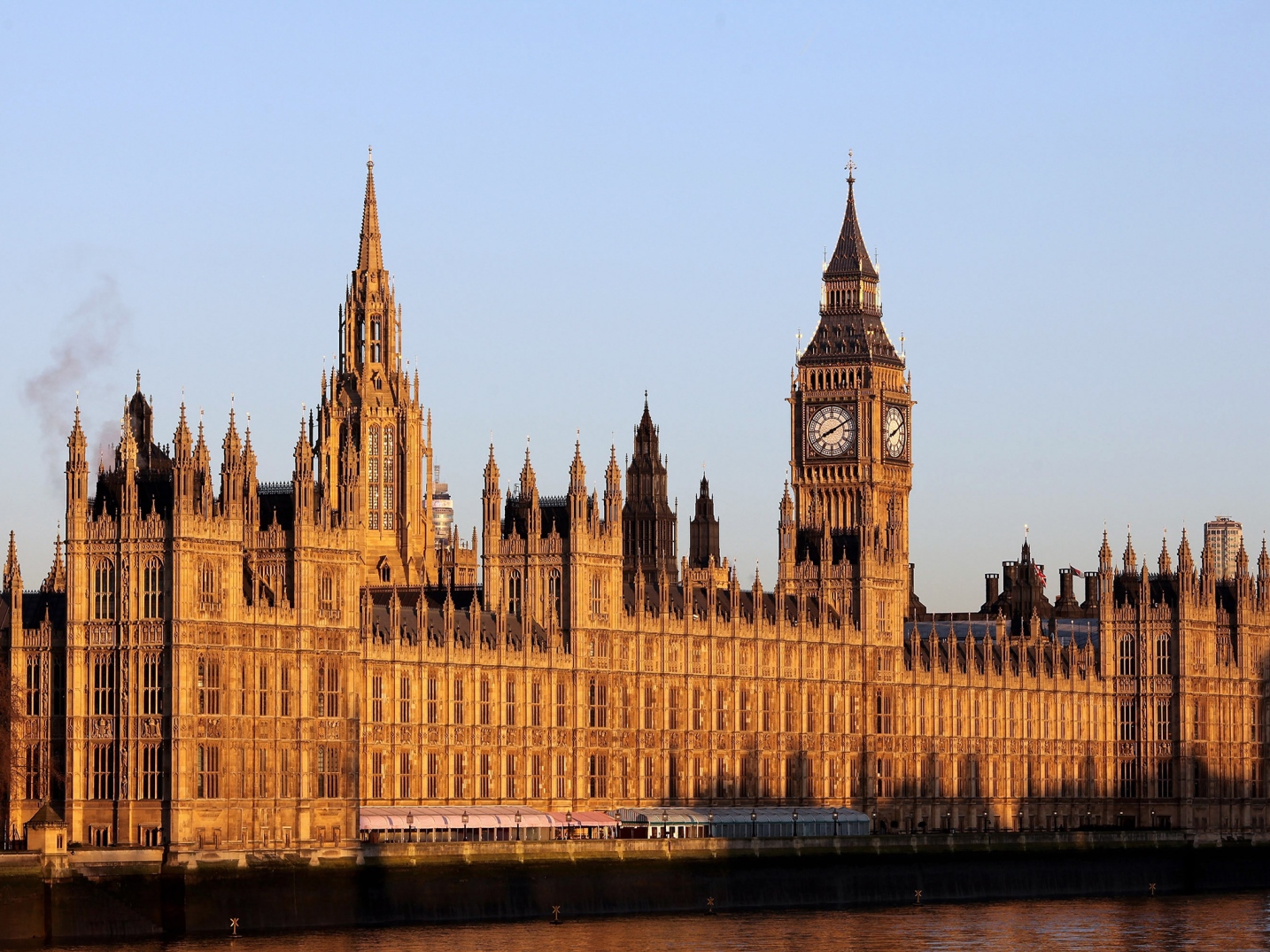
On 28th March the Government published its report into the National Security Capability Review. The NSCR updates the 2015 SDSR’s assessment of the challenges likely to drive UK security priorities over the next decade, noting that there is an increasing threat from terrorism, extremist and instability, as well as a resurgence of state-based threats, inter-state competition and erosion of the rules-based international order. In order to counter this, the Government has introduced the ‘Fusion Doctrine’ with the aim of improving the collective approach to national security, by using security, economic and influence capabilities to protect, promote and project our national security, economic and influence goals. The strategy notes that the evolving challenges in the global security environment require a coordinated response between industry, like-minded states, the EU and NATO.
High-level developments include the publishing of a new counter-terrorism strategy, expansion of the UK’s overseas network to deepen security cooperation with key trading partners, a cross-HMG approach to serious and organised crime, comprehensive threat assessments from all border security stakeholders, an expanded National Security Communications Team, the continued implementation of the National Cyber Security Strategy and more efficient management of development Funds. The report also highlights that the Modernising Defence Programme will strengthen Defence and the Armed Forces and optimise how the MOD is organised and is operating.
The document announces a number of initiatives to counter the evolving threat. Of particular relevance, the Government Chief Scientific Adviser will develop a new national security science and technology strategy through the NSC Officials’ Science and Technology sub-committee. Additionally a ‘Counter-Terrorism Accelerator Fund’ has been established, with the purpose of introducing innovative and transformational approaches to counter the terrorist threat. This Fund, generated through re-prioritisation of other CT spending, will be worth £25 million each year. To deal with the increasing challenge of securing the UK borders, a new border security partners group will be introduced to support cooperation between Government and industry on the effective operation of borders, in addition to looking for a practical and pragmatic solution to deal with cross-border threats as the UK leaves the EU.





